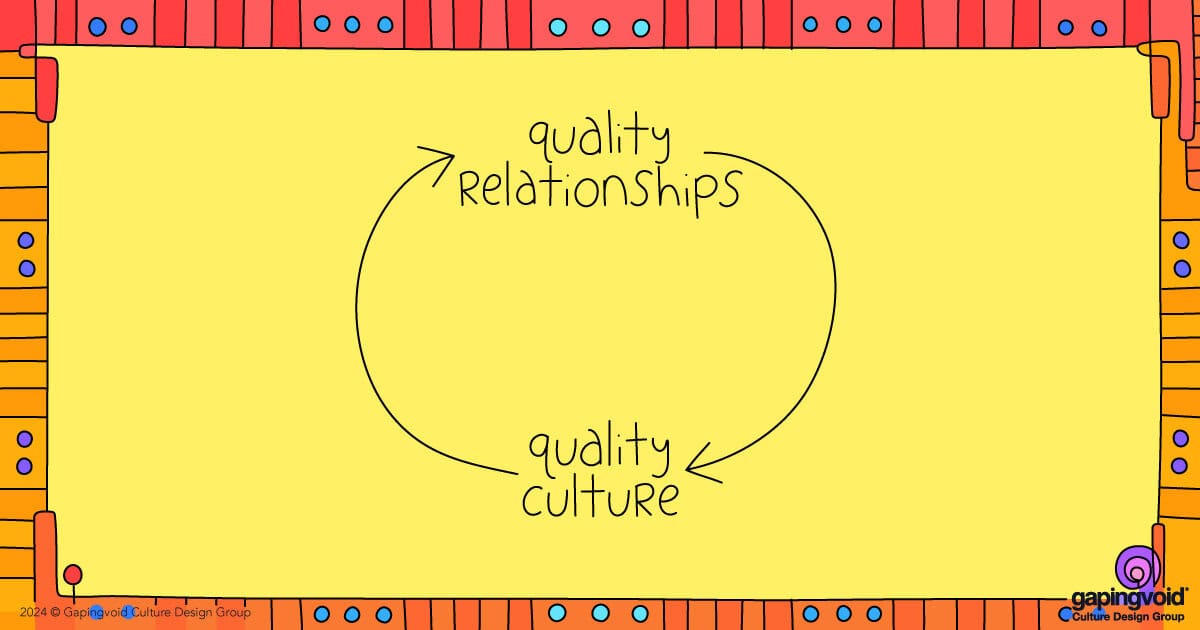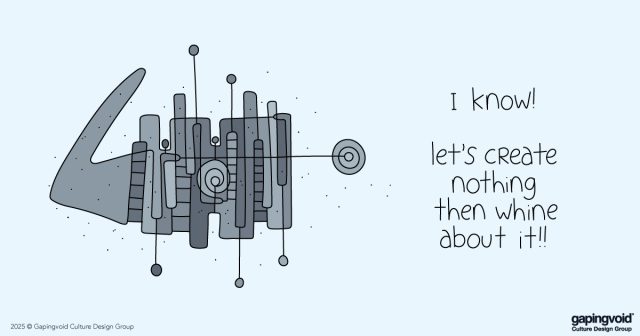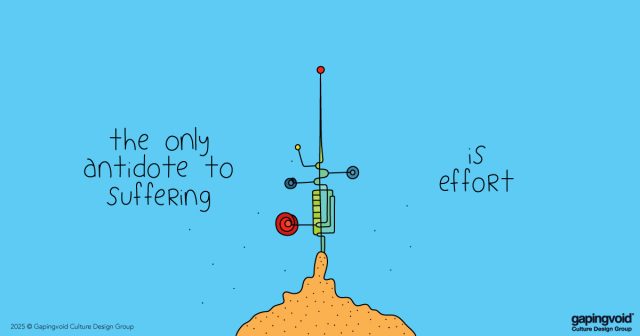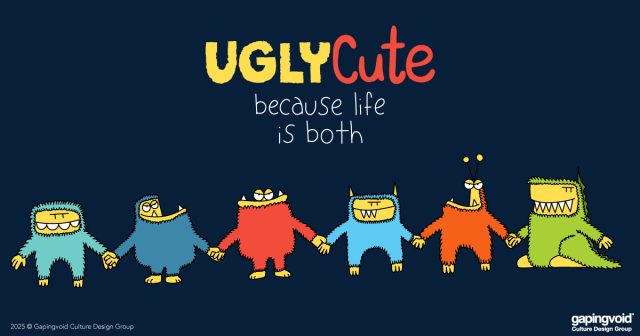
The Amish are a technology-avoiding, mostly agricultural American religious community of German origin, famous for their Barn Raising. Whenever a new barn needs building, instead of calling up a construction company in town and writing a check, the community comes together and builds it themselves, using old traditional building methods that have been passed down for generations.
The whole community pitches in. Those not doing the actual building help out with the food and lemonade. The children help out the parents any way they can. They don’t even call it work, instead they call it a “frolic.” Like a regular party, the point is not so much the purpose of the occasion, but the social interaction that happens around it.
It goes without saying, everybody turns up, everybody is unpaid. It’s not like modern churchgoing, where attendance is an option. One doesn’t question it, it’s just what one does.
So what makes it work? It’s not because the Amish are more virtuous or religious than everyone else (even if that might be true). What keeps it together is the fact they live lives deeply embedded in the idea of “reciprocity.” They rely on each other, not on the fact that “everything is just a mouse click away.”
In other words, you help build the barn because you know full well that one day it’ll be your family needing one instead. Connection trumps convenience.
As the billionaire investor, Charlie Munger said, “The highest and best culture is a seamless web of deserved trust.”
That’s exactly what Amish Barn Raising is, expressed differently.
In a company, in a culture, in a country, trust is everything. It’s a loaded word but in many ways can be boiled down to this: a firm belief that what goes around comes around. It’s not trust in any particular individual as much as it is trust in the system as a whole – a belief that “if I make this sacrifice for the people around me, the whole enterprise will be stronger, and that’s great for me, because the enterprise will continue to invest in me.”
When this trust breaks down, so does everything else. Communities, companies, countries…This is why the rules of reciprocal exchange underpin any healthy civilization.
The Japanese word for “thank you”, sumimasen, literally translates to “this will not end.” I.e., the favor or sacrifice you’ve made for me is not the end of this relationship – in the future, you can expect the same in return.
The leaders who recognize this build high-trust cultures, i.e. the cultures that actually win.



